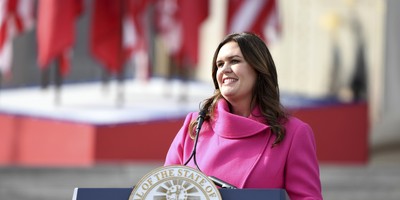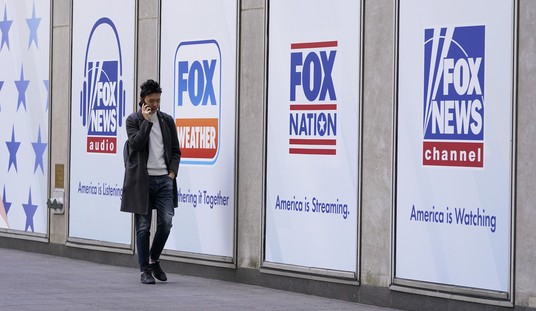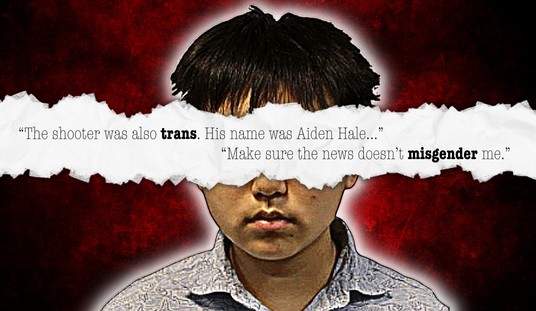North Korea: The US State Department announced on Monday, 13 February, that it will hold another round of high-level talks with North Korea next week. "Special Representative for North Korea Policy Glyn Davies will lead an inter-agency team to Beijing on 23 February to meet with a DPRK delegation led by First Vice Minister Kim Kye-kwan," the Department spokeswoman told reporters. DPRK stands for North Korea's official name, Democratic People's Republic of Korea.
''This meeting is a continuation of meetings the US has been having with North Korea to see if it is prepared to fulfill its commitments under the 2005 joint statement of the six-party talks and its international obligations as well as to take steps toward denuclearization,'' the spokesperson said.
The statement also said that the United States made the decision to hold the talks after consulting with other six-party members such as South Korea. After the 23 February meeting, Davies will visit Seoul and Tokyo to discuss North Korea's response before returning to Washington.
Comment: An important fact that is not clear is who initiated the contact. The North sent out feelers in early January that it was willing to talk about nuclear issues in return for food aid. Its statement described such talks as a test of building confidence, which means a US promise of food aid would build North Korean confidence.
The US announcement puts the talks in the context of nuclear issues, namely that it is the third session to see whether the North is ready to talk about them. It ruled out food aid discussions because the US spokesperson specifically stated that the Special Representative on Human Rights, the ambassador who deals with food aid, will not be a member of the US delegation.
This session will be the first opportunity to determine whether the North Korean leadership change has produced any differences in style or tone, or even policy. That is important, but if the North really wants food aid while the US wants to talk nuclear issues, nothing will have changed unless the North Koreans are starving again.
South Korea-North Korea: Update. South Korea on Tuesday, 14 February, proposed holding a Red Cross meeting with North Korea next week to discuss reinstating reunions of family members separated by the Korean War. South Korea's Red Cross chief Yu Jung-keun called for working-level talks on 20 February in South Korea's border city of Munsan or North Korea's border city of Kaesong to discuss the issue.
"I expect North Korea's Red Cross to positively respond" to South Korea's offer, Yu said in a news conference, saying the issue of separated family members is a top priority that must be resolved regardless of the political situation. She said she made the offer in a message to her North Korean counterpart, though the message has yet to be delivered to the North, according to the South Korean government.
Recommended
Comment: An important background concern for South Korean leaders is to never be seen to have been upstaged by the US in dealings with North Korea. The longstanding negotiating tactic of all the North Korean Kims has been to drive a wedge between the Allies, carving out members of the herd for direct talks.
The down-side of bilateral nuclear talks is that they project an image of successful North Korean diplomacy, despite US assurances that the allies were consulted. The US did not say whether the South Koreans favored such talks. As a general proposition, the South's leaders dislike being excluded by the US. The timing of the South's overture to resume Red Cross talks looks like a catch-up move. US and South Korean interests in talks with the North are somewhat divergent.
Pakistan: A seven-judge Supreme Court bench charged Prime Minister Gilani with contempt of court for failing to pursue long-standing corruption cases against President Zardari in Switzerland. The indictment sets Gilani on a confrontation course that could cost him his job, topple the fragile coalition government, and precipitate elections later this year, according to Pakistani analysts.
Comment: This is another episode in a continuing constitutional crisis in which the Supreme Court is acting in its own interest as well as a proxy for the Pakistan Army leadership. The Swiss cases are nearly incontestable that Zardari was disqualified from the presidency because of his criminal record and that Musharraf had no authority to "suspend" the cases against him because he had no authority to suspend the Constitution in 2007. Had Musharraf just pardoned Zardari, the Court would have no basis for this action.
The second Court issue is respect for the rule of law in a government of separate powers. The parliament is refusing to implement the direct orders of the Court to enforce presidential qualifications enacted by the parliament. The Court wants its constitutional role and power respected. The Army's issues are that Zardari betrayed national nuclear secrets to the press and mismanaged the relationship with the US so that it embarrassed the Army, primarily the killing of bin Laden.
Although both institutions want Zardari out, a contempt indictment is a long way from the ouster of a President or the fall of the Gilani government. It does join the political struggle in ways that media statements cannot in that there will be a benchmark decision and a conviction against Gilani might be grounds for his disqualification from office.
Syria-Lebanon: For the record. Hezbollah Deputy Secretary-General Sheikh Naim Qasim said on 12 February that his group would not allow Lebanon to be used as a platform against other Arab states and praised the government for achieving political stability and security, The Daily Star reported.
Comment: Most of the areas where the opposition has been most active are located near the border with Lebanon. The locations signify that Lebanon is a safehaven for fighters and refugees and a primary channel for arms smugglers or other forms of support. Most of the Syrian opposition has no other means of physical support.
Since last June, the Lebanese government has been dominated by Hezbollah and has pursued pro-Syrian policies, under the leadership of Prime Minister Najib MIkati who is backed by Hezbollah. Support for the Syrian opposition so as to end Syrian meddling in Lebanese politics, Hezbollah's dominant political position in the government and to strike back at Iran which backs them both represents a cause that can unite Lebanese Christian and Sunni politicians.
The Hezbollah warning more properly might have been issued by the Lebanese government, but then it would carry less weight. If Hezbollah is serious, there will be clashes on the Lebanon side of the Syrian border between Hezbollah militiamen and those groups supporting the Syrian opposition. The internal struggle in Syria is threatening to spread.
Israel: Foreign Minister Lieberman said on 13 February that Israel will not tolerate attacks on its diplomats, after a number of threats against Israeli officials and an explosion near Israel's New Delhi embassy, injuring a diplomat. A car bomb near the Israeli embassy in Tbilisi, Georgia was intercepted and defused by police. A bomb threat at Amsterdam's Schiphol Airport reportedly also was directed at Israeli officials.
Indian intelligence sources reportedly suspect an Iranian connection to the bomb attack which they judge could be retaliation against the assassination of Iranian nuclear scientists and other mysterious explosions in Iran. The grounds for the suspicion were not reported.
Comment: In its denial, Iran accused Israel of attacking its own embassies to embarrass Iran. Hezbollah also has a longstanding grudge against Israel for the assassination of one of its top leaders four years ago. In any event, the bombings and the Israeli warning suggest a covert action conflict already has begun.
Greece: The government announced it will hold general elections in April. In violent street encounters that began Sunday in Athens, more than 150 buildings have been set afire, authorities said, and more than 100 people reportedly were injured. Greek trade unions also staged several rounds of general strikes to protest wage and pension cuts.
Comment: Mainstream media have not mentioned whether demonstrations have spread outside Athens, which would be an ominous portent for internal stability. Although international financial markets responded favorably to the action by the Greek parliament, European Union politicians, especially the Germans, have been underwhelmed by it. The lack of trust runs so deeply that some warned the Greeks that they must take even more steps to unconditionally implement the new austerity measures. None promised that the bailout funds would be delivered by the 17th when the Greek government said it would be in default.
End of NightWatch
NightWatch is brought to readers of Townhall Finance by Kforce Government Solutions, Inc. (KGS), a leader in government problem-solving, Data Confidence® and intelligence. Views and opinions expressed in NightWatch are solely those of the author, and do not necessarily represent those of KGS, its management, or affiliates.
























Join the conversation as a VIP Member